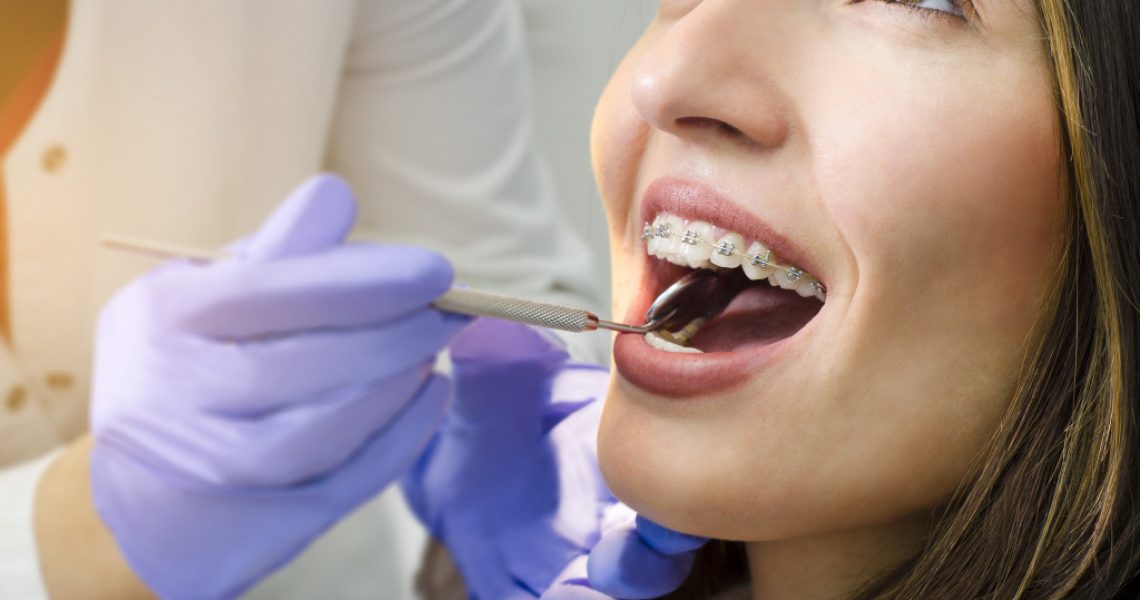So you’re browsing your options for restorative dentistry and examining prices? And you’ve tried your local clinic, like dental implants in Clapham? Please keep in mind that most dentists will happily offer payment plans over several years which would not be an option with NHS dental fees. That said, what are the criteria for implants according to the NHS?
Location Location Location
The structure of NHS trusts will, unfortunately, affect the care you have access to. All information contained from this point on is only true of patients in the greater London area and is true at the time of writing, but may be subject to change.
Quick note on finances
Your financial situation is considered irrelevant to the NHS. Your care is based on an assessment of need, not your capacity to pay for it. Cosmetic implants which have failed, and were fitted either in the UK or abroad are not considered valid; dentures or bridges are the approved standard treatment. In accordance with NICE guide lines National Institute for Health and Care Excellence and the GDC general dental council
The criteria
This criteria is not exhaustive but reflects the highest priority conditions which are likely to result in implants being approved.
- Genetic and congenital diseases, like hypodontia amelogenesis imperfecta and cleft lip with a disrupted palate.
- If you have been medically compromised.
- If you have been given the all-clear for oral cancer they may be given as part of post-operative reconstruction surgery.
Restrictions

Even if you do qualify for one or more of the above criteria, there are several secondary considerations which may result in you not receiving treatment. This is because of high demand; only the cases most likely to be successful are acted on. These restrictions include:
- Asymptomatic conditions
- The jaw bone beneath the tooth is in good condition (post-radiotherapy patients will be given concessions as will those on bisphosphonates)
- If a primary disease is ongoing and has not been stabilised.
- No general sedation can be administered; if general sedation is required the patient is not eligible.
- If crown, bridges or other work need to be removed, treatment will be delayed until your normal dentist has completed the work.
Are there any exceptions?
In all medicine, there are exceptions as every patient is different and there will be those who don’t fit into any category. That said, this is extremely rare and is at the discretion of a consultant who must expressly apply for funding. The NHS will always aim to provide other options like bridges and dentures before implants.
Going private
There are many reputable private clinics which have excellent success rates in performing oral implants. The reasoning for such high NHS restrictions on implants is the same as their limitation on providing veneers. Implants are seen as cosmetic and the general dental council views on this are unlikely to change.
This leaves few options but to seek private health care alternatives. Thankfully, there are funding and flexible payment options available from most clinics and options for those with health insurance providers.

